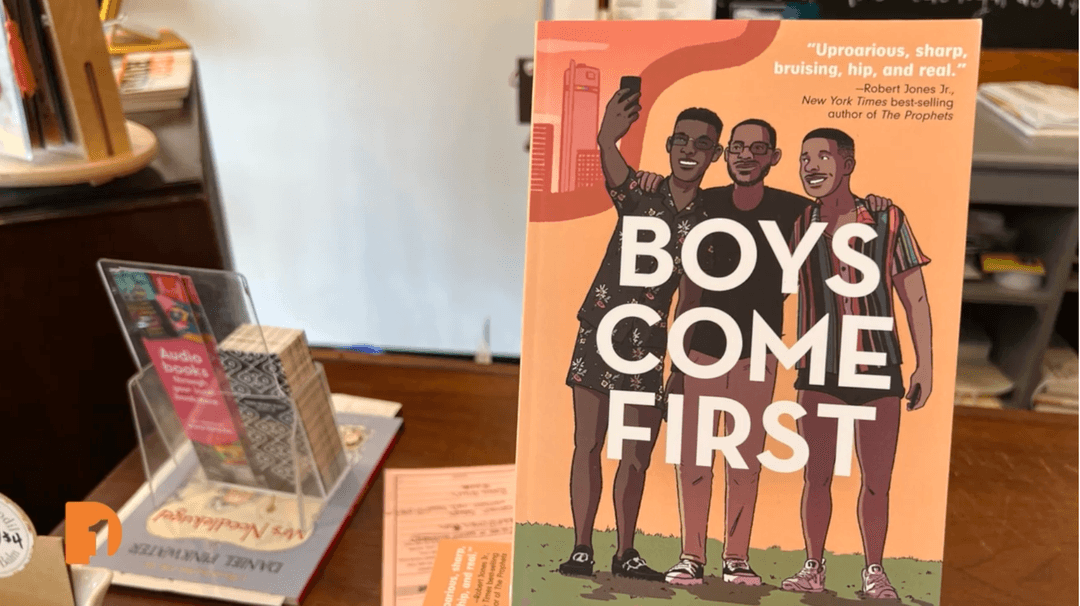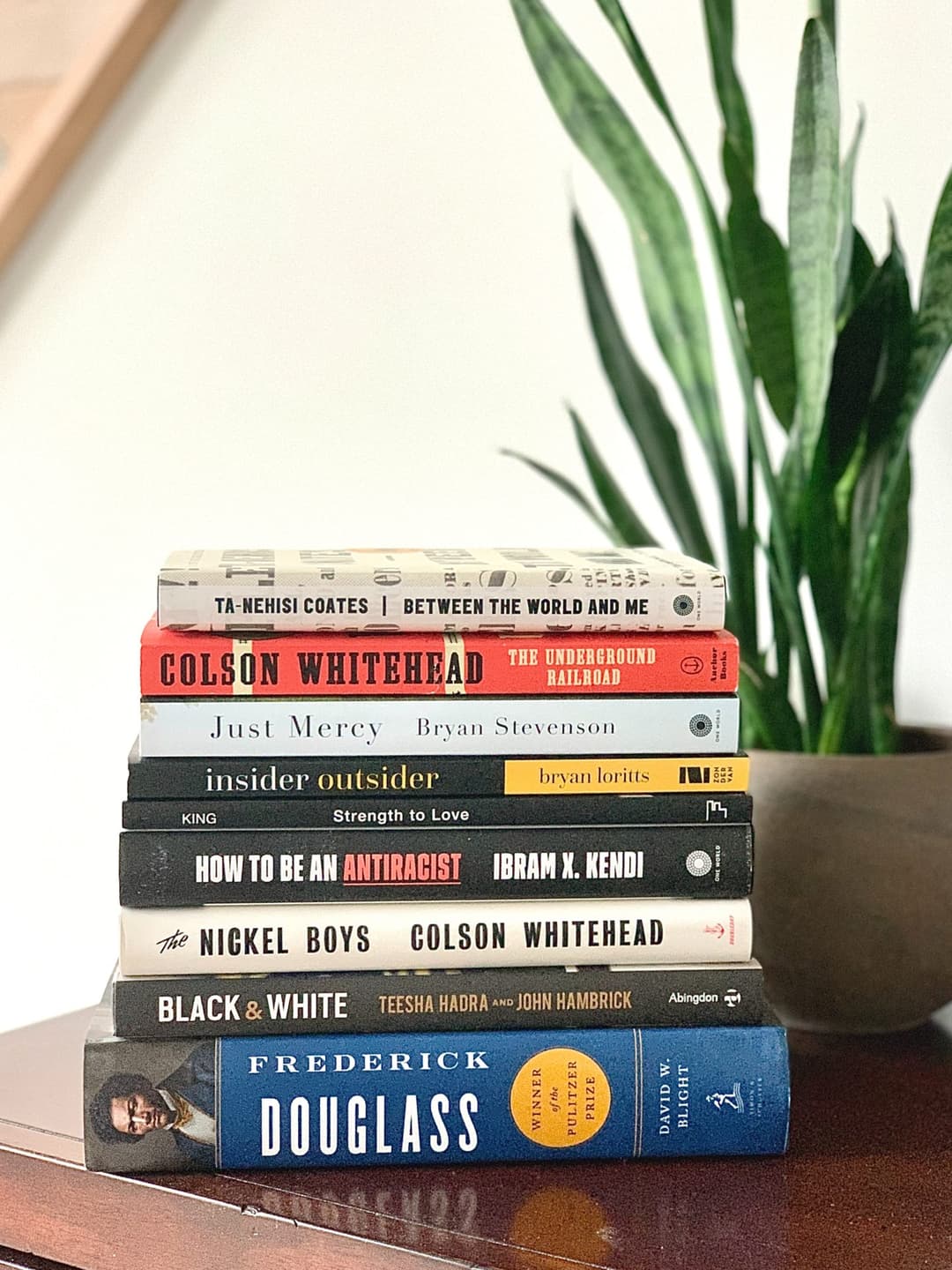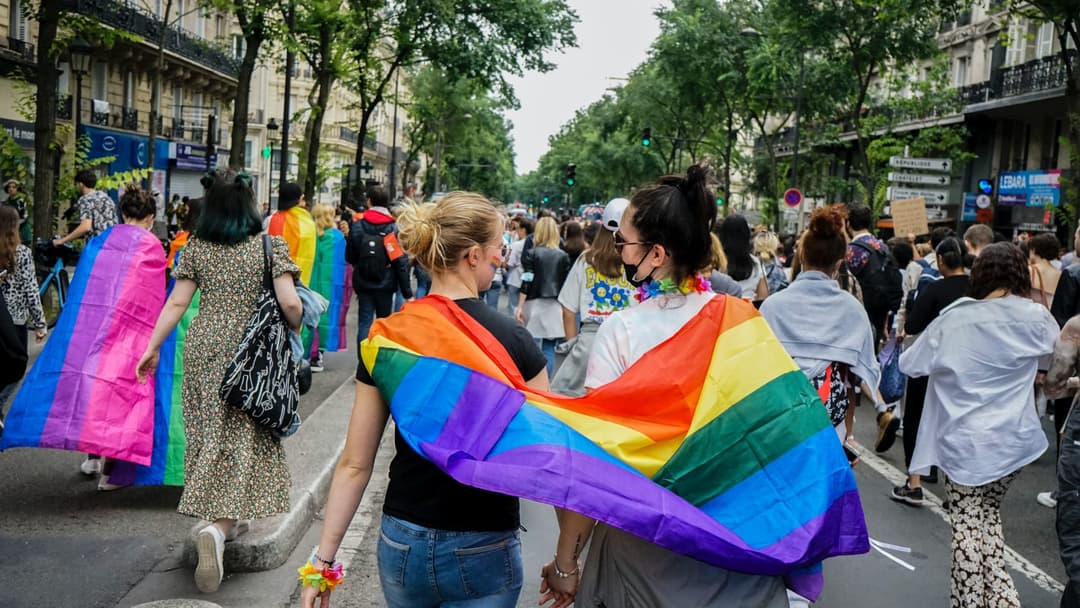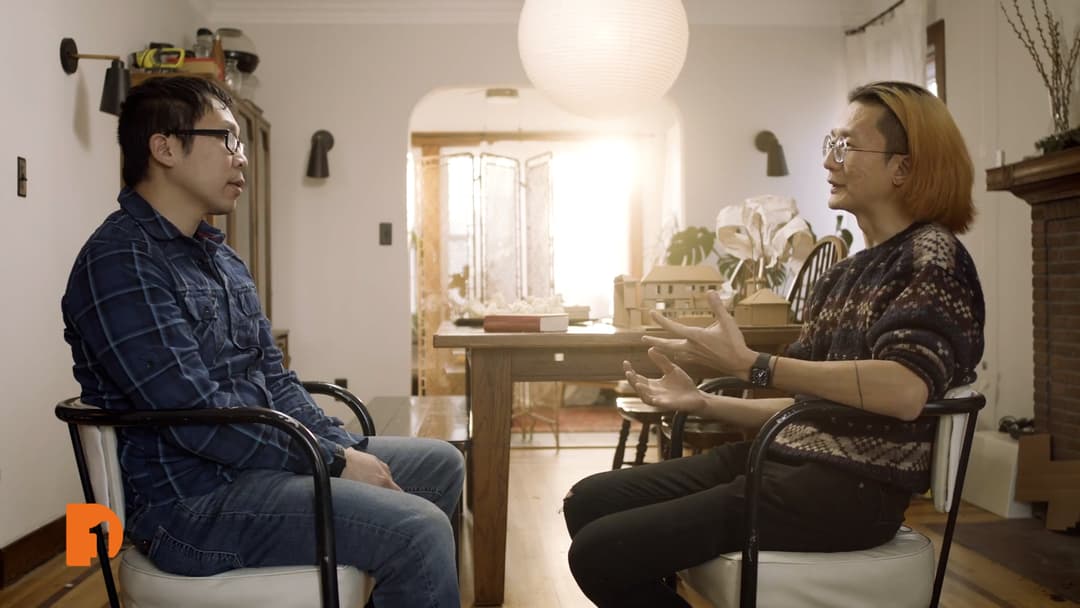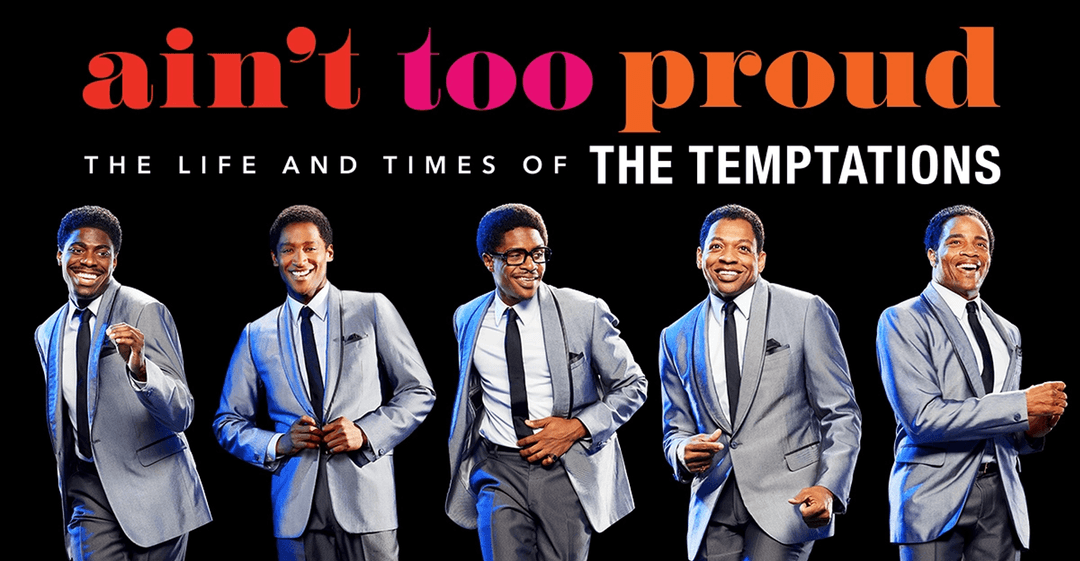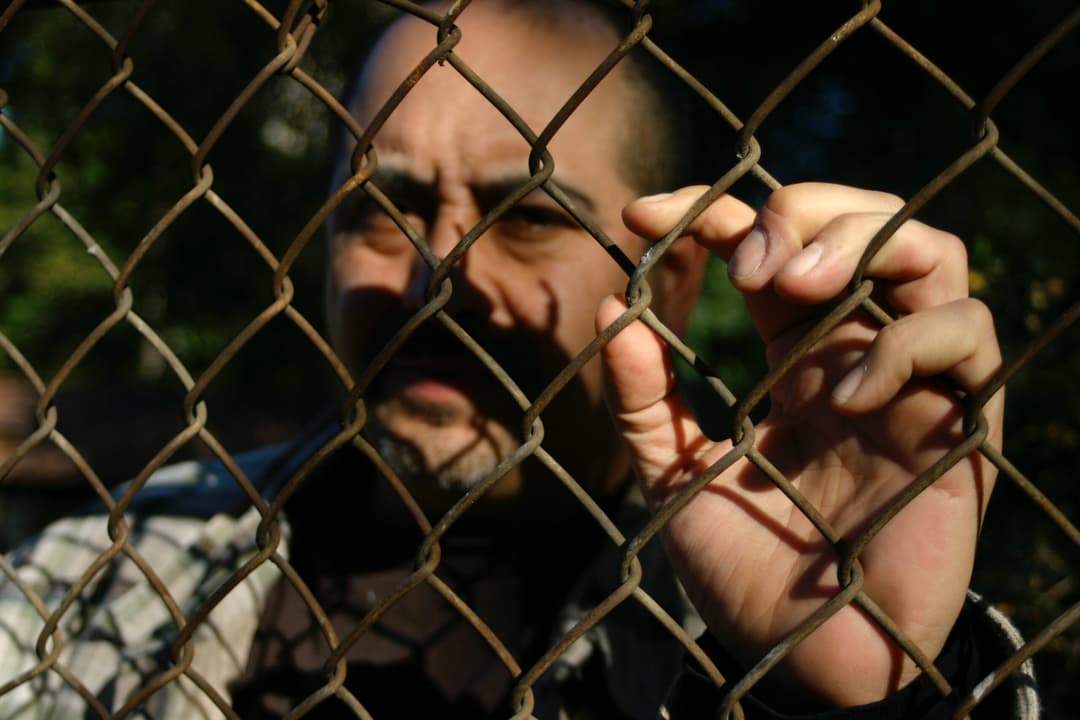‘Boys Come First’: Aaron Foley’s Debut Novel Follows Three Millennial Gay Black Friends in Detroit
Jun 12, 2024
What does it look like on the inside of a friendship between three millennial gay Black friends taking on their early 30s in Detroit? Aaron Foley, a Detroit native and Senior Editor for the Communities Initiative at PBS NewsHour, has released his first novel, “Boys Come First,” which follows the lives of three fictional men confronting their evolving friendship and individual hurdles as they attempt to navigate a new and changing Detroit.
In recognition of Pride Month, producer AJ Walker sits down with Foley to discuss “Boys Come First,” including the controversial social, political and humanistic topics he covers in his book and what he believes makes his characters different than those in other novels.
From Aaron Foley’s Instagram:
View this post on Instagram
Full Transcript:
Aaron Foley, Author, “Boys Come First”: A city like Detroit is a city full of characters. With writing about Detroit, you have an opportunity to talk, especially about black Detroiters, Black Midwesterners, types of characters you don’t always see in literature all the time.
AJ Walker, American Black Journal: Author Aaron Foley has penned his third book. This one is his first novel and it’s particularly special to him.
Aaron Foley: I like to think of it as a love letter to Detroit. I try to pour as much of the city, the east side, the west side, all of that into it.
AJ Walker: Not only does Aaron Foley’s book “Boys Come First” show the character of Detroit. It covers controversial topics.
Aaron Foley: I also really wanted to talk about sort of the intersectionality between blackness and queerness. As I go to bookstores and look for stories and things like that, I read a lot, but I don’t read a lot about what is it like to be black and queer at the same time.
AJ Walker: How does it feel to be reading from your own book?
Aaron Foley: It’s very weird. I do not like it. I mean, I do like it. I like it. It’s just very awkward because it’s just like, sometimes as a writer, you try to take yourself out of yourself, right? And try to put yourself in this in the voice and shoes of a character. And so I’m reading, almost reading like somebody else’s words. And it’s just like, wait a minute, did I write this or not?
AJ Walker: He hopes his own identity as being black and gay can give a firsthand perspective that can provide valuable insight and an authentic experience for readers.
Aaron Foley: There’s an idea that we may not be, quote-unquote, as masculine as the next man. And how sometimes, you know, there’s the expectation to code switch and not really live and, you know, live in our true selves.
AJ Walker: He writes from the perspective of a community that has been often ostracized, which is something he feels is important to achieving equality in marginalized communities.
AJ Walker: How important is it to have real, authentic representation? Because to me, I feel like, for so long there has been a white male-dominated industry in the media and these people select our representation. But that’s not really true representation. If it’s not coming from people within that culture.
Aaron Foley: When we look at queer media, generally the face is a white male. When we look at the face of movements like, It Gets Better. Or who are some of the bigger power players like on Broadway, on stage, on screen and whatnot? Even love interests quite often, you know, black characters or people of color, period, are missing in those stories.
Aaron Foley: I felt it was really important to have three characters, as in this book, who are fully formed, confident, gay, black men who love who they are, deserve to be loved out loud and represent themselves to the fullest.
AJ Walker: Foley makes it a point to note that his book is not all about the trials and tribulations of the black, gay, urban community.
Aaron Foley: It’s also important to recognize joy. I mean, there is joy that comes with being black. There is joy that comes from being gay and being confident and loving yourself and loving the people around you.
AJ Walker: He also makes it a point not to focus on Detroit’s rocky past, as some books and other media have previously done.
Aaron Foley: Books about like, abandoned neighborhoods and crime being rampant and everything after the bankruptcy and things like that. We absolutely should be talking about that. But I want people to also understand that, like, people make their homes here. There are people who stay. There are people who continue to love this place and extract love from Detroit, give love to Detroit.
AJ Walker: Foley says he’s written a smart and in-depth book that will take readers on a journey into Detroit and into a world they may not have been comfortable to brave in real life or in fiction.
Stay Connected:
Subscribe to Detroit PBS YouTube Channel & Don’t miss American Black Journal on Tuesday at 7:30 p.m and Sunday at 9:30 a.m. on Detroit PBS, WTVS-Channel 56.
Catch the daily conversations on our website, Facebook, Twitter and Instagram @amblackjournal.
View Past Episodes >
Watch American Black Journal on Tuesday at 7:30 p.m. and Sunday at 9:30 a.m. on Detroit Public TV, WTVS-Channel 56.
Stay Connected
Subscribe to Detroit PBS YouTube Channel & Don’t miss American Black Journal on Tuesday at 7:30 p.m. and Sunday at 9:30 a.m. on Detroit PBS, WTVS-Channel 56.
Catch the daily conversations on our website, Facebook, Twitter, and Instagram @amblackjournal.
Related Posts
Leave a Reply
Your email address will not be published. Required fields are marked*





